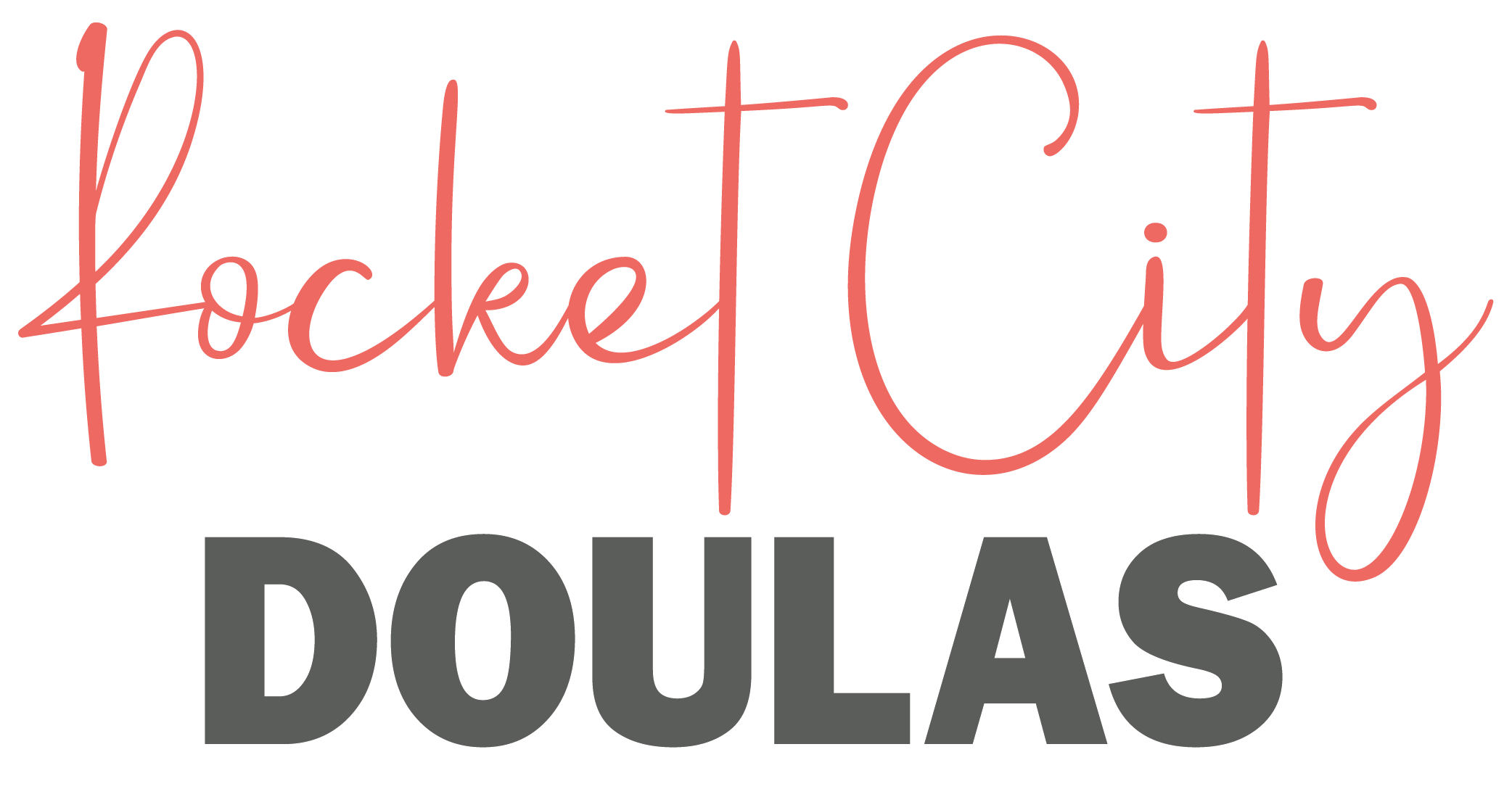Early labor is the first phase of labor.
But, before we really venture into that, it’s important to note that there are actually three STAGES of labor. The first STAGE of labor includes 3 phases: early labor, active labor, and transitional labor.
If you’re experiencing fairly consistent contractions that are causing cervical change, then it’s a good guess that you’re in early labor!
What is the cervix doing during that “change”?
Early labor is defined as the time leading up to 4-6cm in cervical dilation. However, cervical change isn’t just dilation.
Changes the cervix makes:
The cervix effaces (or thins).
The cervix softens (or ripens).
The cervix opens (dilates).
The cervix moves from the posterior position to the anterior position. (moving from pointing towards your back to pointing towards the front of your body.)
Early labor is the longest phase of labor.)You can expect early labor to last anywhere from 12-24 hours if this is your first birth.
Each labor is unique to the birther, but these are some common physical experiences during early labor:
Early labor that begins with contractions will typically be mild or moderate in intensity.
You may notice that any contractions you have are irregular or sporadic.
You may find you notice a cramping sensation before contractions begin.
You may, or may not, experience “bloody show” or secretion of blood-tinged mucus.
You may experience nausea and changes in bowel habits- such as loose stools.
What do I do during early labor?
At RCD, we like to tell clients to remember the 3 D’s in early labor:
Deny- particularly in the early parts of early labor, you may find it helpful to stick with your typical routine. Deny that you are in labor, so to speak.
Distract- As things start progressing, you may find things like taking a gentle walk or watching a movie helpful for you to focus on.
Decompress (rest)- Rest as much as possible! If it is a time you are usually sleeping, try to rest. (Even if you don’t sleep, find a restful position to watch tv or read a book in!)
Early labor is a time to listen to your body- eat when you are hungry, rest when you are tired, hydrate yourself well, and empty your bladder as needed.
Emotionally, you may find yourself excited, nervous, scared, and full of questions. All of those feelings and emotions are totally normal! Your RCD doula will be able to provide you with valuable information and resources as well as reassurance during this time.


